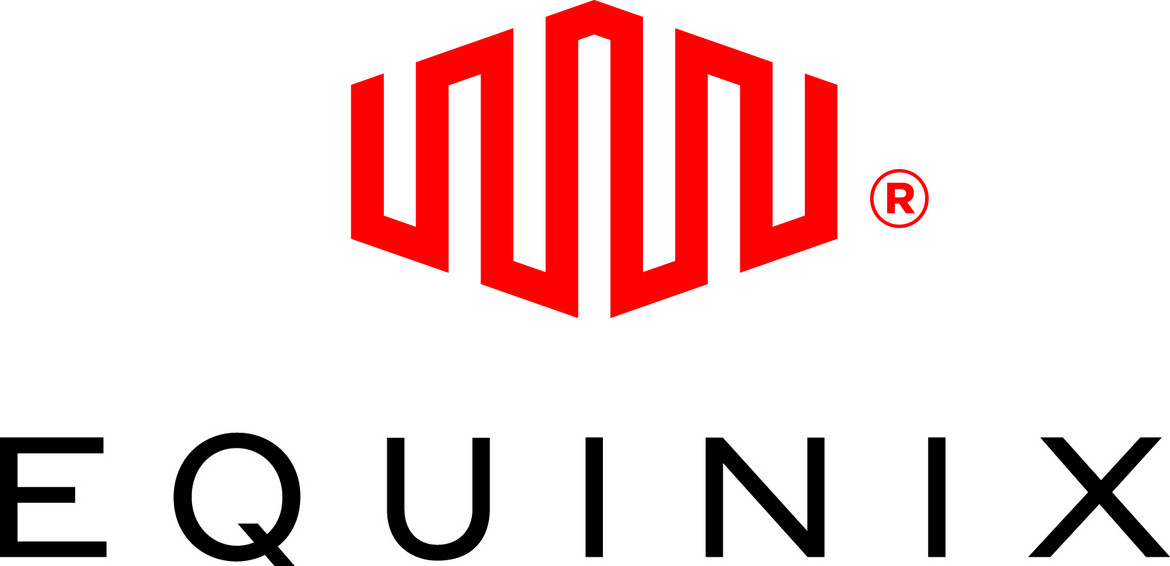Why Women in Tech and in Data Centers Matter More Than Ever
More women are entering data center roles overcoming barriers and building careers. Dorén Fischer of Equinix explores how visibility, mentorship, and inclusive culture can foster growth and success in tech infrastructure careers.

©NanoStockk | istockphoto.com
When people think of innovation, they often picture futuristic software, AI breakthroughs, or cutting-edge consumer tech. What they rarely picture is the backbone of such innovations – the data centers quietly empowering digital transformation.
Data centers enable everything from streaming and cloud storage to financial transactions and smart mobility, touching nearly every aspect of our digital daily lives. It’s high time we not only shine a light on this essential industry but also on the people who keep it running – especially the women in technical operations, still underrepresented in these vital roles.
With more than 25 years of experience in strategic operational planning and IT leadership, I’ve led large, diverse teams and managed 24/7 mission-critical environments across the globe. Today, I oversee five major data centers at Equinix’s Campus West in Frankfurt – a role that combines operational excellence with a sense of purpose: to build a sustainable, inclusive infrastructure that serves both businesses and society.
Why Gender Diversity Matters in Digital Infrastructure
Diverse teams are more innovative, resilient, and better equipped to meet complex challenges. This is especially true in technical environments that demand operational precision, flexibility, and system-level thinking. For Equinix and myself, diversity is not only a question of fairness, but a business imperative.
Equinix has embedded inclusion and belonging into its global strategy. Programs like the Equinix Women Leaders Network, Women Connect, and our Women in Operations Community give women across all roles and seniority levels the opportunity to connect, grow, and lead. The Women in Operations initiative in EMEA, launched in April, is a non-hierarchical working group that brings together colleagues from different countries to share local solutions and develop practical tools – such as trainings on imposter syndrome, feedback skills, and negotiating salaries.
In Germany, we’ve taken this further: every new hire in operations is paired with a mentor during their first 90 days – a simple but effective way to foster belonging and orientation from day one. We also actively engage with schools and universities, host Girls Day and Education Day events, and offer internships and apprenticeships to spark curiosity and confidence in young women. These programs aren’t about image – they’re about access. We want young people to see data centers not as distant or abstract, but as real places where they can grow and contribute.
Progress and the Work Ahead
We’ve come far, but we still face barriers. Even in forward-thinking companies, women in infrastructure often encounter subtle biases and limited access to leadership opportunities. This isn’t just about recruitment; it’s also about visibility, trust, and sustained empowerment.
I’ve always believed in transforming through people. By providing training and mentorship and creating real opportunities to lead, we can change careers and culture.
I grew up in a small village and began my career with a technical apprenticeship. At that time, I was often the only woman in the room – underestimated, challenged, and not always taken seriously, even by professors. At 22, I moved to the city, signed my first work contract, and entered the IT industry. I knew early on that I wanted to work in the data center sector because of its dynamic development, technical depth, and its long-term relevance.
My first job was in the computer industry – from there, I moved into data centers. I was fortunate to be surrounded by people who believed in me and gave me responsibility early on. This trust shaped my leadership style to this day. Today, I try to pass that on – by supporting others in finding their voice, by encouraging them to lead, and by standing beside them when they do.
We Must Also Address the Structures Around Us
This goes beyond just mentorship. It means restructuring how infrastructure work is organized. We must normalize women leading technical teams. Shift models need to allow for flexibility, especially for people with care responsibilities. Tools and safety equipment must work for everyone – not just by default for the average male user. These things aren’t optional add-ons; they’re structural requirements for long-term inclusion.
The Case for Inclusive Leadership
Effective leadership in infrastructure requires more than technical knowledge; it requires an understanding of people. It’s about trust, empowerment, and accountability. These skills are not gendered, and they shouldn’t be treated as such. If we want true progress, we need to stop seeing women in infrastructure as exceptions and start recognizing them as essential.
I often say: Joining Equinix felt like coming home – like finally finding the place where I can truly make a difference. Now, I want to help build that feeling for others.
Looking Ahead
At Equinix, we’re committed to building a better future – one that reflects the full diversity of talent in our industry. Whether it’s expanding our Women in Operations Community, building diverse leadership pipelines, or shaping policies that enable equity, we are proud to lead by example. But progress doesn’t happen alone – it happens when an entire industry decides to evolve.
A future in which more women build, and lead infrastructure is stronger, smarter, and more inclusive for everyone.
📚 Citation:
Fischer, Dorén. (August 2025). Why Women in Tech and in Data Centers Matter More Than Ever. dotmagazine. https://www.dotmagazine.online/issues/new-work-and-diversity/women-in-data-centers-careers
Dorén Fischer is the Director of IBX Operations at Equinix’s Campus West in Frankfurt. She oversees five major data centers (FR4/5/6/7/8). She has over 25 years of experience in strategic operations and IT leadership and has led global teams in mission-critical environments. She is a strong advocate for diversity in technology, particularly increasing the visibility of women in data center operations. She is committed to building sustainable, inclusive digital infrastructure that supports business and society.
Please note: The opinions expressed in articles published by dotmagazine are those of the respective authors and do not necessarily reflect the views of the publisher, eco – Association of the Internet Industry.
FAQ
Why is it important to highlight women's roles in the data center industry?
Women continue to be underrepresented in tech, especially in infrastructure roles like those in data centers. Highlighting their contributions helps normalize diversity in traditionally male-dominated sectors and supports initiatives like Equinix’s Women in Operations Community.
What challenges do women typically face in data center careers?
Women in data centers often face barriers such as gender stereotypes, lack of mentorship, and low visibility in leadership roles. Addressing these challenges involves fostering inclusive hiring, promoting STEM education, and creating career paths that are visible and accessible.
How is Equinix supporting women in tech and infrastructure?
According to Dorén Fischer of Equinix, the company supports diversity through internal networks, inclusive leadership programs, and visibility campaigns. These initiatives aim to promote equity in career progression and workplace culture.
How can companies attract more women to infrastructure-focused roles?
Companies can:
• Use inclusive language in job ads
• Promote female role models in engineering
• Support flexible work and mentoring programs
Why do data center roles matter in the larger tech ecosystem?
Data centers are foundational to digital infrastructure, supporting everything from cloud services to AI applications. Ensuring diversity in this space helps build more resilient, innovative, and equitable digital ecosystems.
What practical steps can individuals take to support women in tech?
Actions include:
• Amplifying women's voices on social media
• Joining mentorship programs
• Supporting policies that advance diversity
• Sharing articles and insights on women in tech like those published by dotmagazine and eco members





